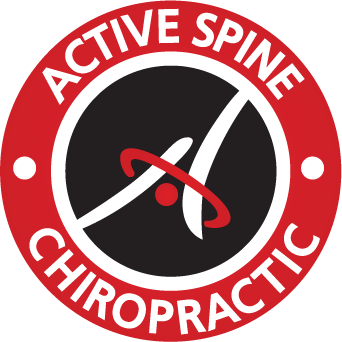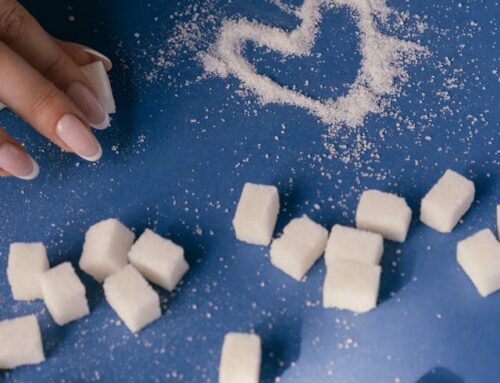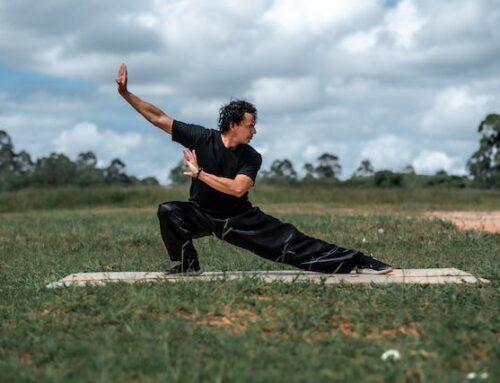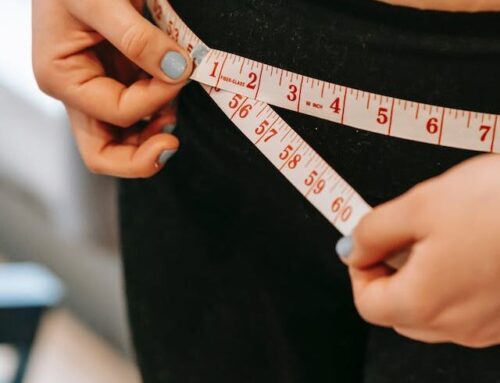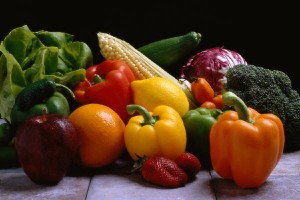 I came across a great article that talked about diet and supplementation for athletes. It was written by a professor of mine in school, Dr David Seaman. Due to its length, I will split this post into three parts to talk about each section of the suggestions that he made.
I came across a great article that talked about diet and supplementation for athletes. It was written by a professor of mine in school, Dr David Seaman. Due to its length, I will split this post into three parts to talk about each section of the suggestions that he made.
Humans have been living on the same foods for years. If we trace back to our ancestors, they lived primary on wild game, vegetables, fruits, nuts, tubers, and spices. If we keep this in mind, dieting for athletes can be quite simple. These foods help promote an anti-inflammatory state in our body which is needed for an athlete to recover from workouts and respond to the stress exercise places on our bodies.
The only difference bewtween an athlete and a non-athlete in the realm of nutrition is that athletes need more calories than non-athletes. This is due to the amount of calories burned in their training and workouts. The food choices should be identical, and they should be eating foods that are anti-inflammatory and rich in vitamins and minerals.
Unfortunately there is not a magic supplement that will increase athletic ability, but there are several supplements that help reduce the inflammation in our bodies. The most important supplements are vitamin D, omega-3 fatty acids, magnesium, and probiotics. Athletes should also consider the use of ginger and turmeric.
The most important part of an athlete’s diet is not what to eat, but what to avoid. Athletes should avoid food sources that contain sugar and gluten grains. We will discuss these two items in further detail in the next two posts.
Dr Spencer Charlet
Chiropractor in Mooresville, NC
704-663-7625
